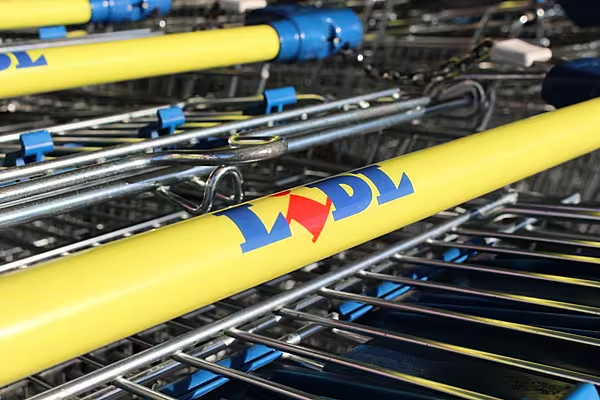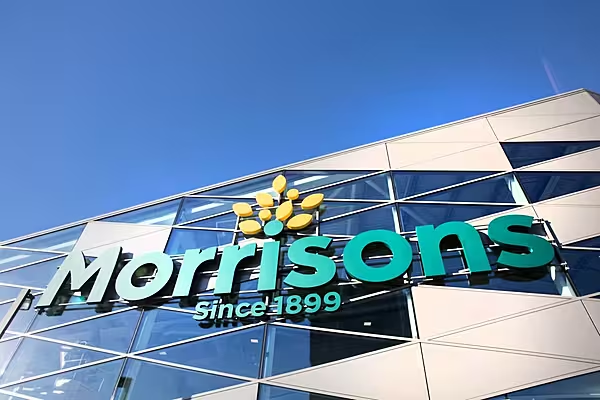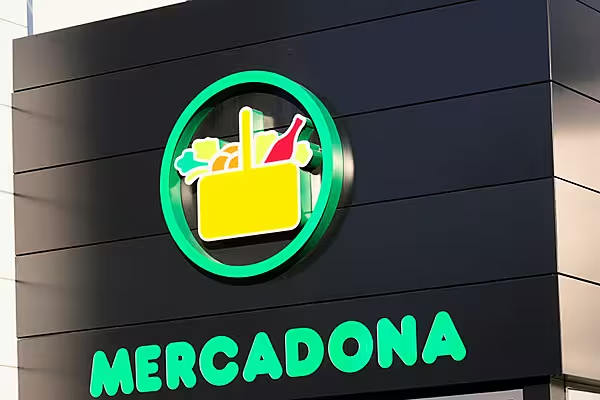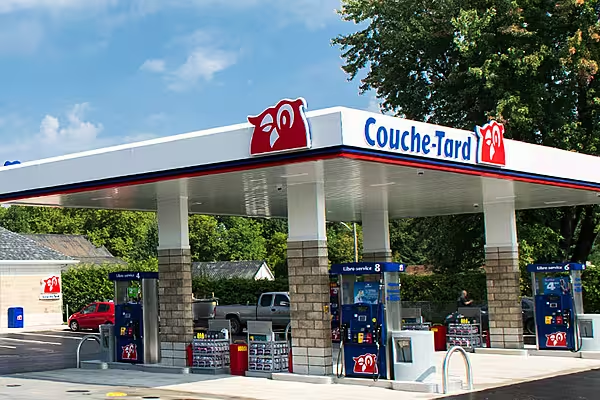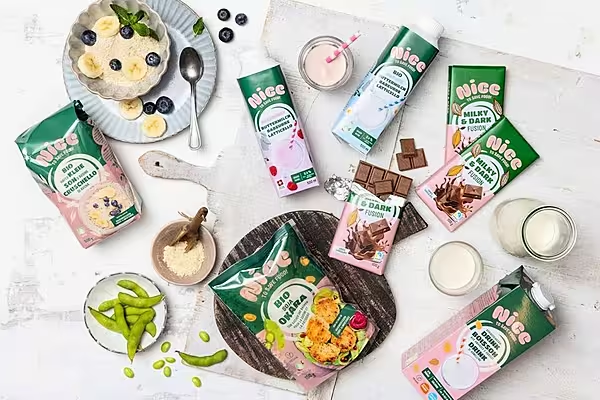Discounter Lidl has announced that it plans to heat its store on the Westlaan in Roeselare, Belgium, through incineration of residual waste, in partnership with MIROM a local supplier.
The process by which Lidl will obtain the heat is simple – MIROM operates a large heat plant that extracts energy from the waste, heating water that is in turn piped through to businesses that are connected to the grid.
Once the water has cooled, it is piped back to the central MIROM system, where it is reheated.
Through its use of the system, Lidl aims to save around 60% on energy consumption. It also said that in signing up to the system, it will be the first retailer to heat a store in this way.
More Sustainable
“We have to use less fossil fuels [in order to] contribute to a more sustainable city,” said Isabelle Colbrandt, a spokesperson for Lidl Belgium.
“This initiative is also fully in line with our strategy to select sustainable materials and solutions such as solar panels and heat recovery for our stores and distribution centres.”
As much as half of Flemish energy demand is allocated to heating, and MIROM sees its solution as a means to meet this demand in a more sustainable manner.
Getting Involved
“MIROM Roeselare can only applaud the fact that companies such as Lidl want to get involved in this story,” said Koen Van Overberghe, MIROM general manager.
“It demonstrates a sustainable view of energy demand and respect for the environment. This results in a win-win situation for several parties.”
The MIROM system was established in 1986, mainly to heat public buildings, however since 2010, increasing numbers of private enterprises have also signed up to the system.
© 2018 European Supermarket Magazine – your source for the latest retail news. Click subscribe to sign up to ESM: European Supermarket Magazine.
